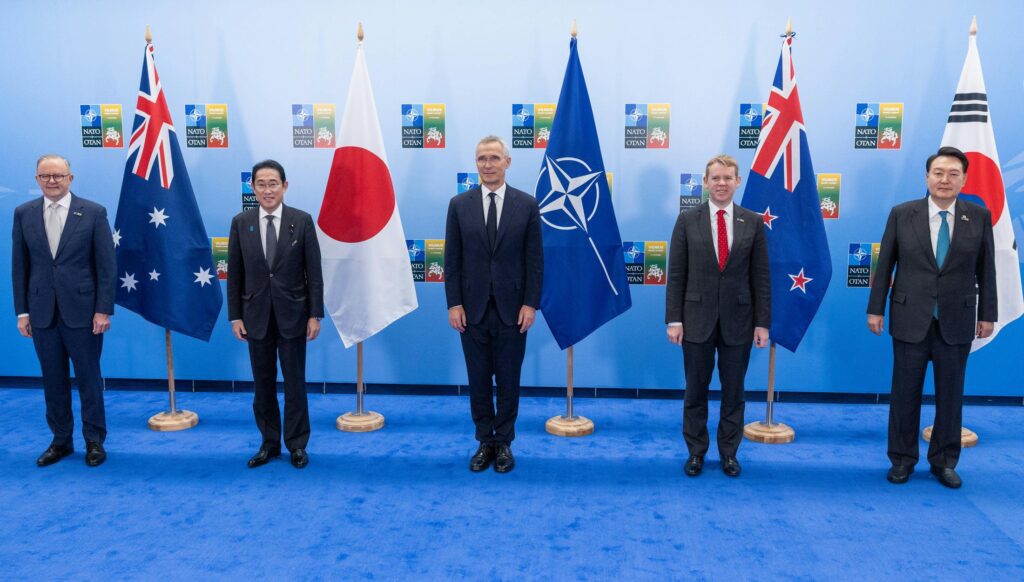NATO’s Role in Global Security is crucial in addressing emerging threats that pose a danger to member countries and the international community. Formed in 1949 to counter Soviet aggression, NATO has evolved to combat terrorism, cyber attacks, and hybrid warfare. Efforts like the NATO Response Force and Cyber Defence Centre of Excellence demonstrate the alliance’s commitment to security. Challenges such as Russian aggression and China’s growing influence require a coordinated response. By working together, NATO can uphold its commitment to collective defense and security, ensuring peace and stability in the world.
NATO’s Role in Global Security
Addressing Emerging Threats
NATO, or the North Atlantic Treaty Organization, plays a crucial role in global security by addressing emerging threats that pose a danger to the member countries and the international community at large. The alliance was formed in 1949 to counter the threat of Soviet aggression during the Cold War, but its mission has evolved over the years to address a wide range of challenges, including terrorism, cyber attacks, and hybrid warfare.
Counter-Terrorism Efforts
One of NATO’s key priorities in recent years has been to combat terrorism and prevent attacks on member countries. The alliance has launched various initiatives, such as the NATO Response Force and the Partnership for Peace program, to enhance its capabilities in this area. NATO also works closely with partner countries and international organizations, such as the United Nations and the European Union, to coordinate efforts to combat terrorism.
Cyber Security
In an increasingly digital world, cyber security has become a top priority for NATO. The alliance has established a Cyber Defence Centre of Excellence in Estonia to develop strategies and solutions to protect member countries from cyber attacks. NATO also conducts training exercises and workshops to enhance the cyber security capabilities of its member countries and partners.
Challenges to Global Security
Despite its efforts, NATO faces several challenges in maintaining global security. One of the key challenges is the rise of authoritarian regimes, such as Russia and China, which pose a threat to the international order and stability. These regimes engage in aggressive behavior, such as military interventions and cyber attacks, that undermine the security of member countries.
Russian Aggression
Russian aggression in Eastern Europe, such as the annexation of Crimea in 2014, has raised concerns among NATO member countries about the security of the region. In response, NATO has deployed troops to reinforce its eastern flank and has enhanced its military presence in the Baltic States. The alliance has also conducted military exercises and training programs to demonstrate its commitment to collective defense.
China’s Growing Influence
China’s growing influence in the global arena, particularly in the Asia-Pacific region, presents a challenge to NATO’s security interests. The alliance has expressed concerns about China’s military build-up and aggressive behavior in the South China Sea, which could pose a threat to regional stability. NATO has sought to strengthen its partnerships with countries in the Asia-Pacific region to address these challenges.
Conclusion
In conclusion, NATO plays a crucial role in global security by addressing emerging threats and challenges that pose a danger to member countries and the international community. The alliance’s efforts to combat terrorism, enhance cyber security, and counter authoritarian regimes are essential in maintaining peace and stability in the world. However, NATO faces several challenges, such as Russian aggression and China’s growing influence, that require a coordinated and cohesive response from member countries and partners. By working together, NATO can effectively address these challenges and uphold its commitment to collective defense and security.
